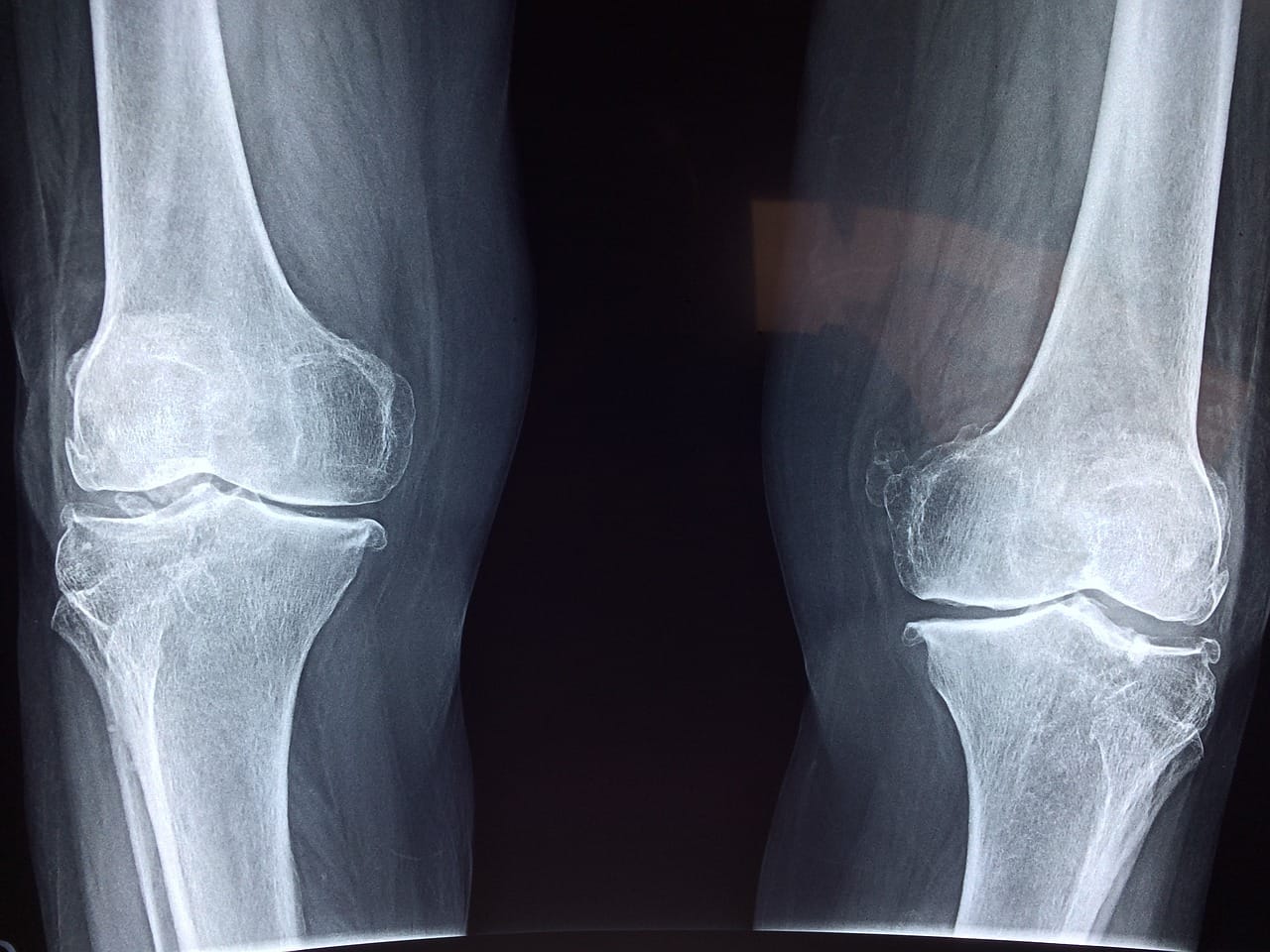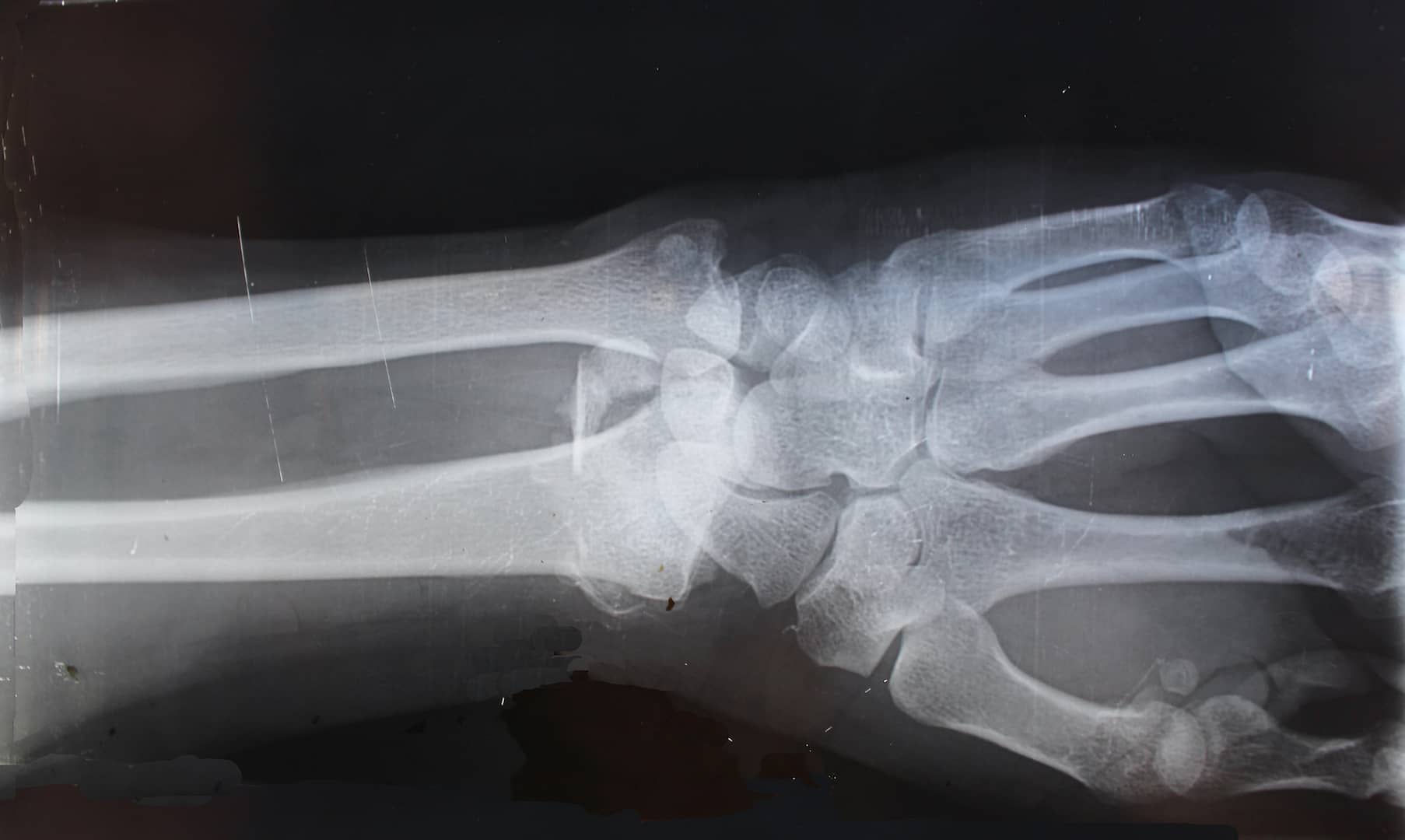In the realm of personal injuries, few events are as painful and potentially life-altering as a fracture. A bone fracture is a common injury that can happen in various situations, from sports accidents to slip-and-falls. This article explores the types of fracture injuries, the treatments available, and the potential for compensation in Scotland. We will delve into the seriousness of fractures, the possibility of secondary injuries, and the legal aspects of seeking compensation.
The Severity of Bone Fractures
Fractures are not to be taken lightly; they can vary significantly in terms of severity and the impact they have on an individual’s life. The question often arises: Is a bone fracture a serious injury? The answer, as you might expect, is that it depends. The seriousness of a fracture injury can be categorised into three main types:
Minor Fractures
Minor fractures, also known as hairline fractures or greenstick fractures, are the least severe of the bunch. These fractures often entail a small crack in the bone and tend to heal relatively quickly. They can be painful, but they rarely necessitate extensive medical intervention.
Moderate Fractures
Moderate fractures are more extensive than minor ones but do not involve complete bone separation. In this category, you’ll find common injuries like simple fractures or avulsion fractures, which occur when a small piece of bone is pulled away by a tendon or ligament. While these are more painful and may require immobilisation with a cast or splint, they typically heal well with proper care.
Severe Fractures
Severe fractures are the most concerning, involving complete bone breaks and often displacement of bone fragments. These fractures can be open, where the bone punctures the skin, or closed, where the skin remains intact. In some cases, surgical intervention is necessary to realign the bones and stabilise the fracture with hardware like pins, plates, or screws. Severe fractures are not only incredibly painful but can also lead to long-term complications.
Can Broken Bones Lead to Other Injuries?
Yes, they can. A broken bone, aside from the immediate pain and inconvenience, can lead to a cascade of other injuries and complications. Here are some ways a fracture can have secondary effects:
Soft Tissue Injuries
When a bone breaks, it can cause damage to surrounding soft tissues such as muscles, tendons, and ligaments. The force of the fracture can tear or strain these structures, leading to additional pain and recovery time.
Nerve Damage
In severe fractures or fractures near major nerves, there is a risk of nerve damage. This can result in numbness, tingling, weakness, or even paralysis in the affected area.
Infection
Open fractures, where the bone punctures the skin, carry a significant risk of infection. The bone itself can become infected, and if not treated promptly and effectively, this can lead to severe complications.
Blood Vessel Damage
In some cases, fractures can damage blood vessels, leading to internal bleeding and reduced blood flow to the affected area. This can be particularly concerning for fractures in the extremities.
Compartment Syndrome
Compartment syndrome is a rare but serious condition that can develop after a fracture. It occurs when pressure within the muscles and tissues increases, leading to reduced blood flow. This can result in significant pain and potential muscle and nerve damage.
Psychological Impact
Don’t underestimate the psychological impact of a fracture. It can be emotionally distressing to suddenly lose mobility and independence. Depression, anxiety, and post-traumatic stress disorder (PTSD) are not uncommon in the aftermath of a severe fracture.
Treatment Options for Fractures
When you experience a bone fracture in Scotland, or anywhere for that matter, seeking immediate medical attention is crucial. The type and extent of treatment you require will depend on the severity of the fracture. Here are some common treatment options:
Immobilisation
For minor to moderate fractures, immobilisation is often the first line of treatment. This involves the use of a cast, splint, or brace to keep the bone in the correct position while it heals. Immobilisation helps to reduce pain, prevent further injury, and promote proper bone alignment.
Closed Reduction
Closed reduction is a procedure used for more complex fractures, such as those involving displacement of bone fragments. During this procedure, a healthcare provider manually realigns the broken bone. This may be done under local or general anaesthesia.
Surgery
In cases of severe fractures or fractures involving multiple bone fragments, surgery is necessary. Surgical procedures may include the insertion of pins, plates, screws, or other hardware to hold the bones together. In some cases, bone grafts may be required to replace missing or damaged bone.
Physical Therapy
Once the initial healing phase is over, physical therapy becomes a crucial part of recovery. Physical therapists work with patients to regain strength, mobility, and function in the affected area. This step is essential for returning to normal activities.
Medication
Pain management is a key component of fracture treatment. Over-the-counter pain relievers or prescription medications may be prescribed to help manage pain and inflammation.
Rehabilitation
Severe fractures often require long-term rehabilitation. This can include ongoing physical therapy, occupational therapy, and counselling to address the psychological impact of the injury.
Making a Personal Injury Claim with National Claims
At National Claims, we understand the challenges and complexities that individuals face when seeking compensation for fracture injuries in Scotland. Our experienced team of legal professionals is dedicated to helping you navigate the claims process and secure the compensation you deserve. Here’s how we can assist you:
Free Consultation: We offer a free initial consultation to assess your case and provide you with a clear understanding of your legal rights and options.
Legal Expertise: Our team comprises seasoned personal injury lawyers with a deep understanding of Scottish law. We have successfully handled numerous fracture injury cases.
Proven Track Record: National Claims has a strong track record of securing compensation for our clients, ensuring they receive fair and just reparation for their losses.
Personalised Support: We provide individualised support, tailored to your specific needs and circumstances. We are here to guide you through every step of the process.
No Win, No Fee: We work on a “no win, no fee” basis, which means you don’t pay legal fees unless we successfully secure compensation for you.
Efficient Process: We understand that time is of the essence in personal injury cases. Our team works efficiently to ensure your claim is processed in a timely manner.

Conclusion
In Scotland, as in the rest of the UK, fracture injuries can have varying degrees of severity and potential secondary effects. Whether you’ve suffered a minor, moderate, or severe fracture, it’s essential to seek immediate medical attention and follow the recommended treatment plan for a full recovery. Furthermore, understanding your legal rights and the possibility of seeking compensation is crucial if your fracture resulted from someone else’s negligence. While fractures can be painful and challenging, the right medical care and legal support can help you navigate the path to recovery and justice. If you find yourself in this unfortunate situation, National Claims is here to support you on your journey to secure the compensation you deserve.
Start your claim today and speak to one of our claims specialists by contacting us.
Click below to see why we are one of the most trusted claims management companies in the UK.

We’re proud of our excellent customer reviews
We thrive on delivering exceptional service and ensuring our clients’ satisfaction. Don’t just take our word for it. Check out some of our independent reviews to see what our clients have to say.
Excellent

This firm is excellent, they sorted out my car pay out and injury claim very fast, they always communicate with you all the time.

My accident case was dealt with confidence and with great result of the outcome, especially James kept me informed all the time.

I was very impressed at the way my inquiry was treated. I was listened to attentively and everything I needed to know was explained to me.






